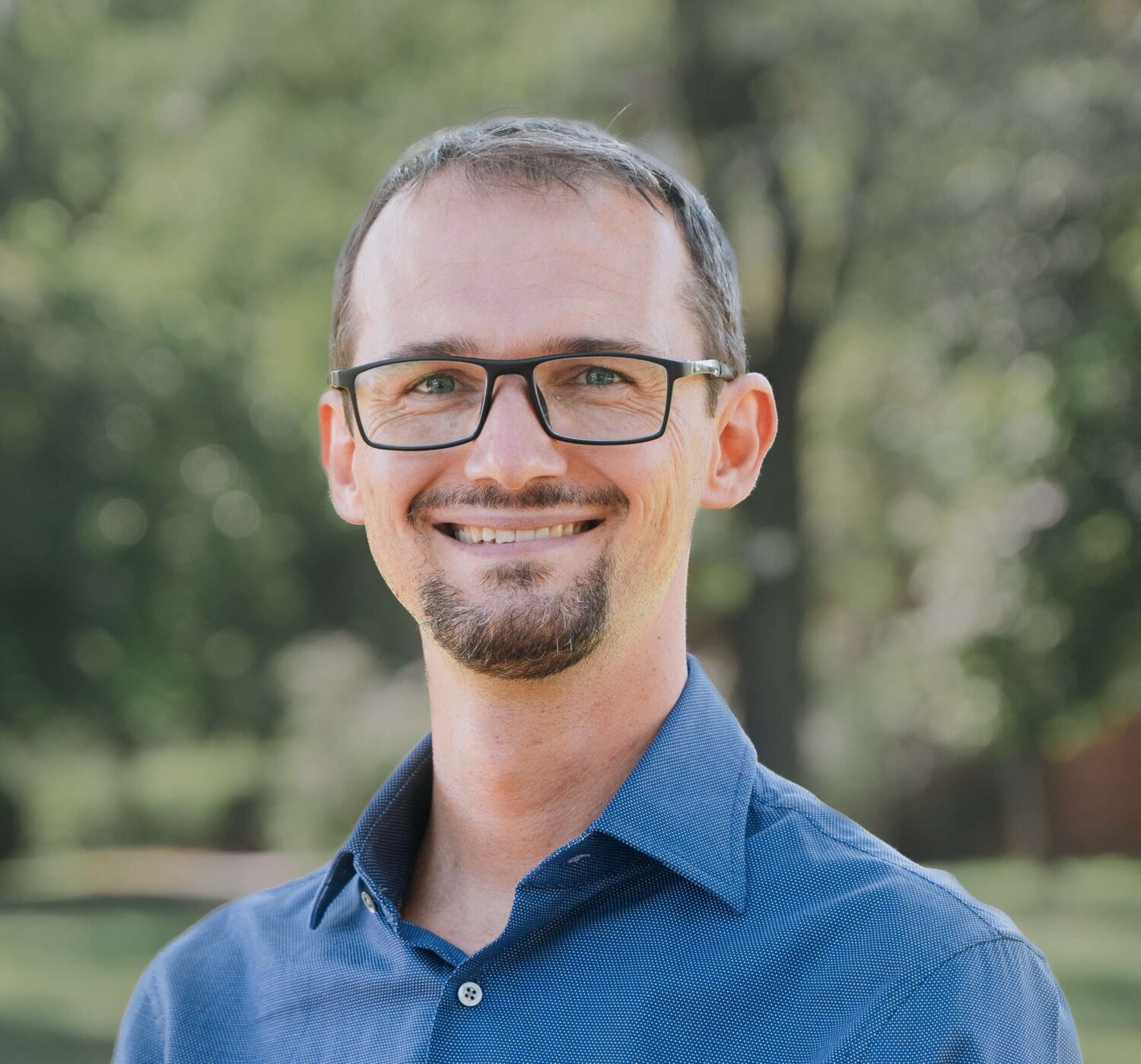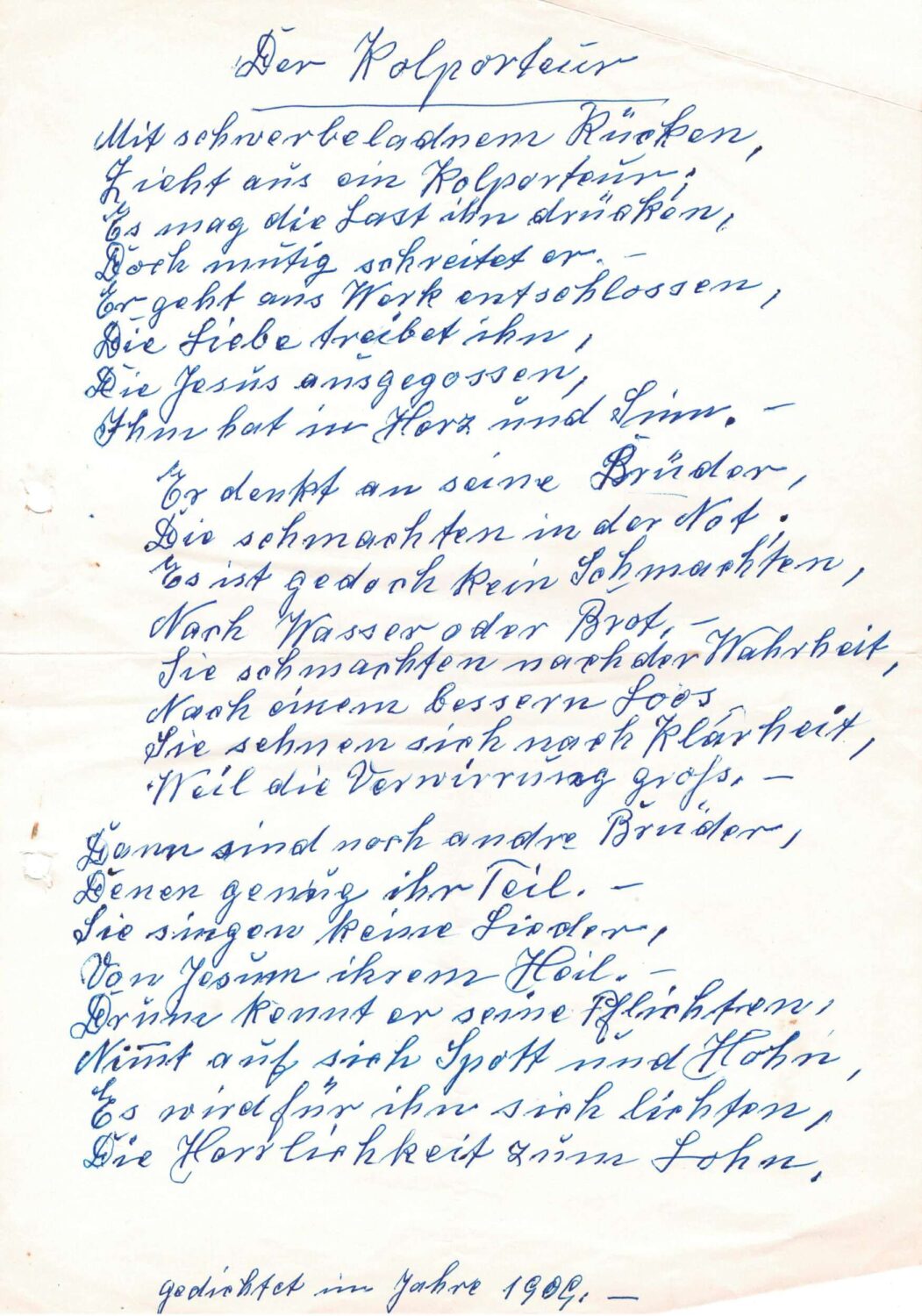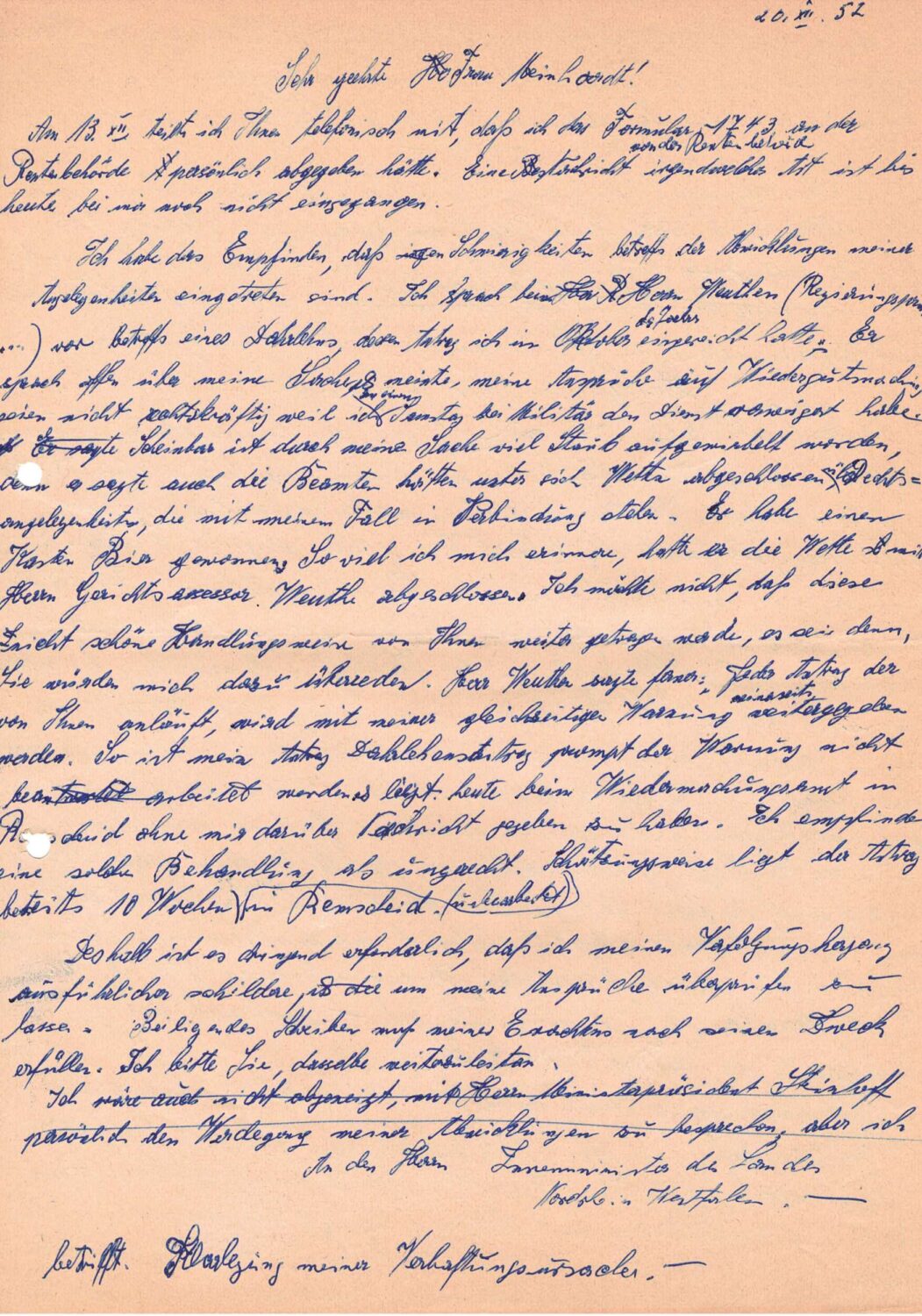The man who refused to give the Hitler salute: Erwin Bauermann
16. Apr. 2025 / Science & Research
When Seventh-day Adventists had to deal with persecution and/or oppression in the past, this was mostly due to the observance of the Sabbath as a day of rest. Especially during the National Socialist era, the proximity to ‘Jewish’ views threatened the existence of the church. The Adventists were also under suspicion because of their connection to America, so that a clear distinction from Jews and a submissive attitude towards the regime seemed helpful. Nevertheless, there was a section within the congregation that consistently stood by its convictions, even if this entailed many disadvantages. Brother Bauermann was one of them.
Erwin Bauermann, born on 5 August 1898 near Remscheid, grew up in an Adventist home. His mother joined the Adventist church in Wuppertal-Barmen around 1900. He developed a deep religious conviction at an early age, which led him to train as a preacher in Neandertal and Friedensau.1 One of his colleagues was László Michnay, who later became the head preacher in Hungary and hid over 50 Jews. As early as 1964, Michnay became the 18th (!) person to be awarded the honourary title of ‘Righteous Among the Nations’ (the well-known Oskar Schindler is listed as no. 20). Bauermann's personal convictions also led him to refuse to salute Hitler or work on the Sabbath during the NSDAP era. As a result, he was initially the victim of harassment. Despite his age (41) and his eight children, he had to join the Wehrmacht in 1939. As he refused to serve on the Sabbath, he was put on trial. The initial death sentence was later commuted to three years in prison. When his wife Johanna came to collect him in October 1942, he had already been transferred to Sachsenhausen concentration camp. There he met Fritz Steinhoff, who was imprisoned for his political activities.
When the Red Army reached Oranienburg in the spring of 1945, the 33,000 prisoners were marched off in groups of 500 in the early hours of 21 April 1945 – today they are known as the infamous death marches. Bauermann only survived the death march from Oranienburg thanks to the support of his younger fellow prisoners. They were finally liberated by the Americans shortly before Schwerin, and he finally returned home via detours. He was later recognised as a politically persecuted person and received a restitution pension.
In the mid-1950s, when the Adventist Church applied for corporate status in various states of the Federal Republic and Fritz Steinhoff was Minister President of North Rhine-Westphalia, Bauermann found a sympathetic ear. Steinhoff's advocacy certainly also contributed to the application being granted on 13 February 1957. As a result of the hardships and consequences of his imprisonment, Bauermann died of a pulmonary embolism on 20 May 1962.
‘It was a difficult time.’ The historical reappraisal of this time is not easy either. Erwin Bauermann is just one example of an Adventist minority who followed their own convictions. Two of his sons, Ernst and Günther, were also active as preachers for the church throughout their lives because of this example. As a historical archive, we see it as our task to document such fates and make them accessible. In order to continue working through this period, it is not only important to analyse existing documents, but also to discover new sources – we therefore look forward to receiving your letters and relevant documents (photos, letters, documents) so that they can be preserved and researched. We would be very grateful if you could contact us. Please send them to
Bernd Müller, Director of the Historical Archives of the SDA in Europe
1 See Daniel Heinz: Siebenten-Tags-Adventisten und Juden in der Zeit des Nationalsozialismus. In: Daniel Heinz (Hrsg.): Freikirchen und Juden im „Dritten Reich“. Göttingen: V&R unipress 2011, 299–302; Daniel Heinz: „Judenretter im Holocaust“, in: Adventecho (2003) Issue 11, p. 12–14.

Image Rights: Friedensau Adventist University | Michael Bistrovic

CopyRight: Archives AAE Friedensau

Rights: Archives AAE Friedensau